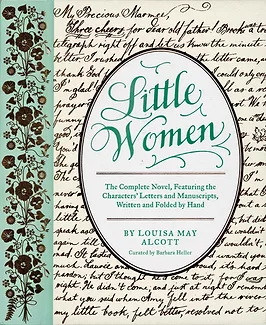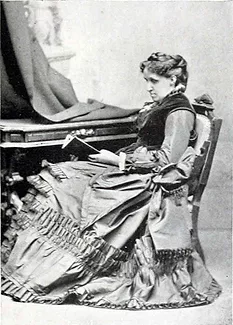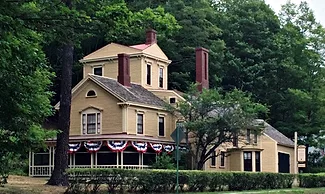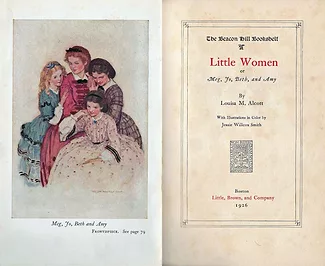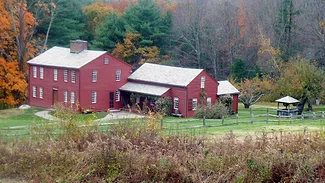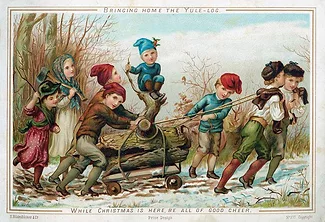Susan Bailey
Susan Bailey is the author of Louisa May Alcott: Illuminated by The Message and River of Grace. She has contributed essays to The Forgotten Alcott: Essays on the Artistic Legacy and Literary Life of May Alcott Nieriker and Alcott’s Imaginary Heroes: The Little Women Legacy. She is the curator of the Louisa May Alcott is My Passion website.


